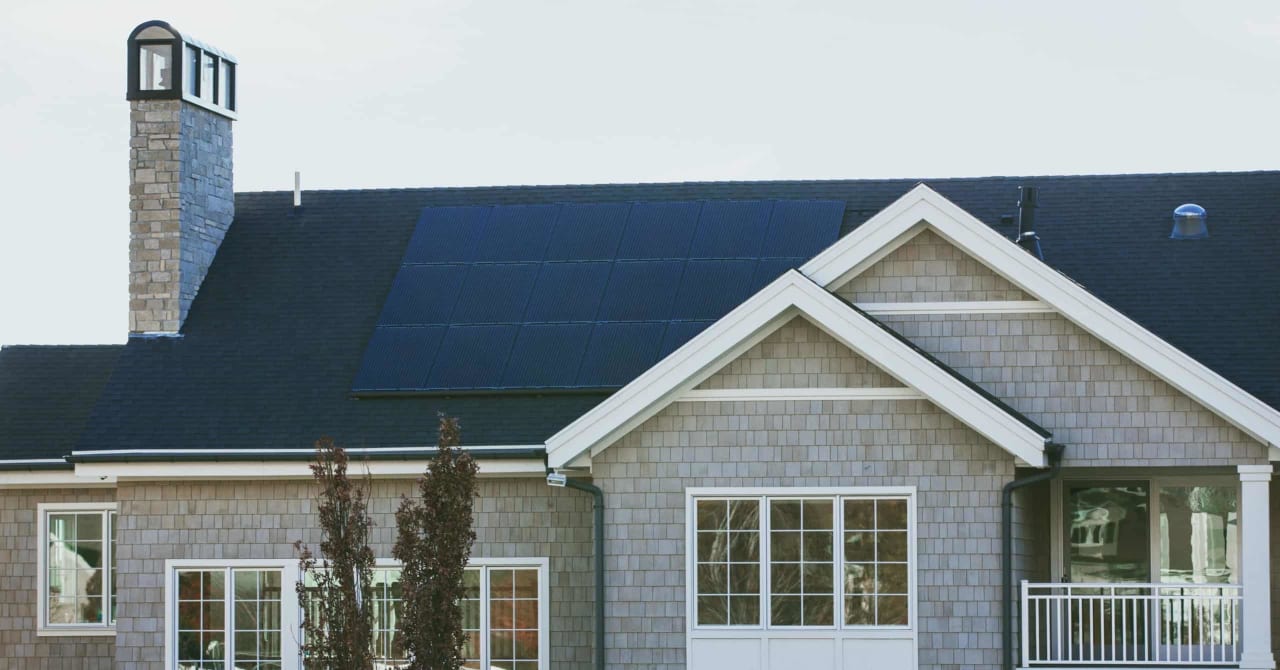Why You Should Consider Rooftop Solar Panels


Because we have been stuck in our homes for months, many people are thinking about ways to use these spaces to generate income. This in part explains why rental accessory dwelling units (ADUs) have become such a hot topic.
However, another way to turn your home into a financial asset is by investing in rooftop solar panels!
It’s true, however, that not all homes are equally well-suited to rooftop solar panels. And beyond that, there are a number of considerations to weigh first…
In general, California is a great state for rooftop solar! Still, a home’s suitability for solar panels depends on a number of factors; these include exact location, local weather patterns, roof slope and aspect, as well as any shading from nearby buildings or structures. A great resource to evaluate their potential effect at your address is Google’s Project Sunroof. This site estimates not only the financial and environmental efficiencies, but also provides more information on financing and selecting an installer. Also, if your roof is within 5-10 years of being replaced, it’s worth having it assessed before moving forward with a new system.
There are two types of rooftop solar panel systems: stand-alone, which means that energy your roof generates can be used only within your home, and grid-connected, which allows you to sell excess energy back to the grid. The process of selling excess energy to the grid depends on a local policy called a “Feed-In Tariff”, so visit the California Public Utilities Commission website to learn more.
To encourage wider adoption, the federal government and certain states have established tax incentives for purchasing rooftop solar panels. You can read more about those programs for California taxpayers here. Above all, the federal solar tax credit (or ITC) will fall from 26% in 2020, to 21% next year, down to 10% from 2022 onwards. This means you should act quickly to secure the maximum write-off for your rooftop solar panels!
While rooftop solar systems are designed to pay for themselves over time, the up-front costs can be high. Fortunately, homeowners now have the ability to buy outright, secure a loan for, or even lease rooftop solar panels. Be sure to discuss financing options with your installer. And if you don’t know where to start, EnergySage is a great place to find cost-effective installers and loan providers near you.
If you’re curious to learn more about how solar energy works, check out the U.S. Department of Energy website.
"*" indicates required fields
Stay up to date on the latest real estate trends.

April 15, 2024
Exploring Retail Bliss: Unveiling Everything You Need To Know About Shopping in Richmond District.

April 15, 2024
Navigating Opportunities: Insights into the Richmond District San Francisco Real Estate Landscape.

Michelle Kim | April 1, 2024
Quick Take: Year over year, the median single-family home and condo prices rose across most Bay Area counties in February. Low inventory and high mortgage rates have b… Read more

Michelle Kim | April 1, 2024
Quick Take: Median home prices are slightly below peak levels across the North Bay with the exception of single-family homes in Marin, which are far below peak. We exp… Read more

Michelle Kim | April 1, 2024
Quick Take: The median single-family home and condo prices rose meaningfully from December 2023 to February 2024, up 14.1% and 17.9%, respectively. Year-over-year pric… Read more

Michelle Kim | April 1, 2024
Quick Take: Single-family home prices appreciated year over year in Santa Clara and Santa Cruz, up 20% and 4%, respectively. We expect prices to remain fairly stable u… Read more
You’ve got questions and we can’t wait to answer them.